Climate change could get much worse much faster if these 'natural sponges' fail. And it looks like they're failing.

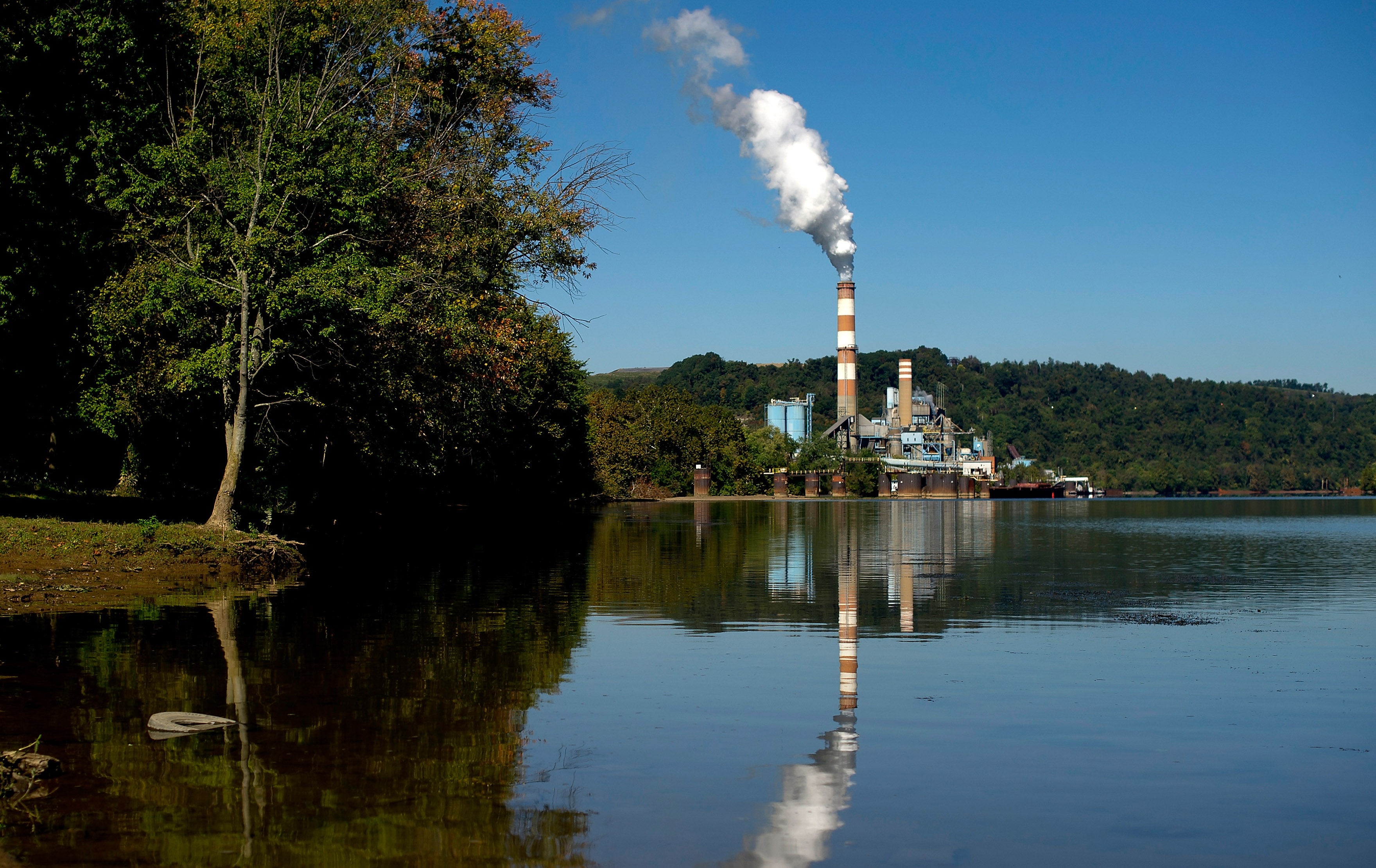
A free daily email with the biggest news stories of the day – and the best features from TheWeek.com
You are now subscribed
Your newsletter sign-up was successful
Climate scientists are uncertain if the world's "natural sponges," which for decades have helped absorb global carbon dioxide emissions, will be able to keep up with the amount of emissions being produced from burning coal, oil, and natural gas, The New York Times reports. In fact, the sponges might already be failing: Even as the amount of carbon dioxide being produced has stabilized in recent years, carbon dioxide levels in the air rose at record rates in 2015 and 2016.
That's where concerns about the "natural sponges," like the land surface and the ocean, come into play. "In essence, these natural sponges were doing humanity a huge service by disposing of much of its gaseous waste," the Times writes. "But as emissions have risen higher and higher, it has been unclear how much longer the natural sponges will be able to keep up." In other words, even if "emissions were to stay flat for the next two decades, which could be called an achievement in some sense, it's terrible for the climate problem," said the National Oceanic and Atmospheric Administration's Pieter Tans.
Should [the natural sponges] weaken, the result would be something akin to garbage workers going on strike, but on a grand scale: The amount of carbon dioxide in the atmosphere would rise faster, speeding global warming even beyond its present rate. It is already fast enough to destabilize the weather, cause the seas to rise and threaten the polar ice sheets. [The New York Times]
More research still needs to be done to confirm scientists' worst fears. But "I'd estimate that we are about at the emissions peak," said Chinese Academy of Sciences professor Wang Yi. "Or if there are further rises, they won't be much." Read more about the problem at The New York Times.
The Week
Escape your echo chamber. Get the facts behind the news, plus analysis from multiple perspectives.

Sign up for The Week's Free Newsletters
From our morning news briefing to a weekly Good News Newsletter, get the best of The Week delivered directly to your inbox.
From our morning news briefing to a weekly Good News Newsletter, get the best of The Week delivered directly to your inbox.
A free daily email with the biggest news stories of the day – and the best features from TheWeek.com
Jeva Lange was the executive editor at TheWeek.com. She formerly served as The Week's deputy editor and culture critic. She is also a contributor to Screen Slate, and her writing has appeared in The New York Daily News, The Awl, Vice, and Gothamist, among other publications. Jeva lives in New York City. Follow her on Twitter.
-
 Political cartoons for February 15
Political cartoons for February 15Cartoons Sunday's political cartoons include political ventriloquism, Europe in the middle, and more
-
 The broken water companies failing England and Wales
The broken water companies failing England and WalesExplainer With rising bills, deteriorating river health and a lack of investment, regulators face an uphill battle to stabilise the industry
-
 A thrilling foodie city in northern Japan
A thrilling foodie city in northern JapanThe Week Recommends The food scene here is ‘unspoilt’ and ‘fun’
-
 Death toll from Southeast Asia storms tops 1,000
Death toll from Southeast Asia storms tops 1,000speed read Catastrophic floods and landslides have struck Sri Lanka, Indonesia, Thailand and Malaysia
-
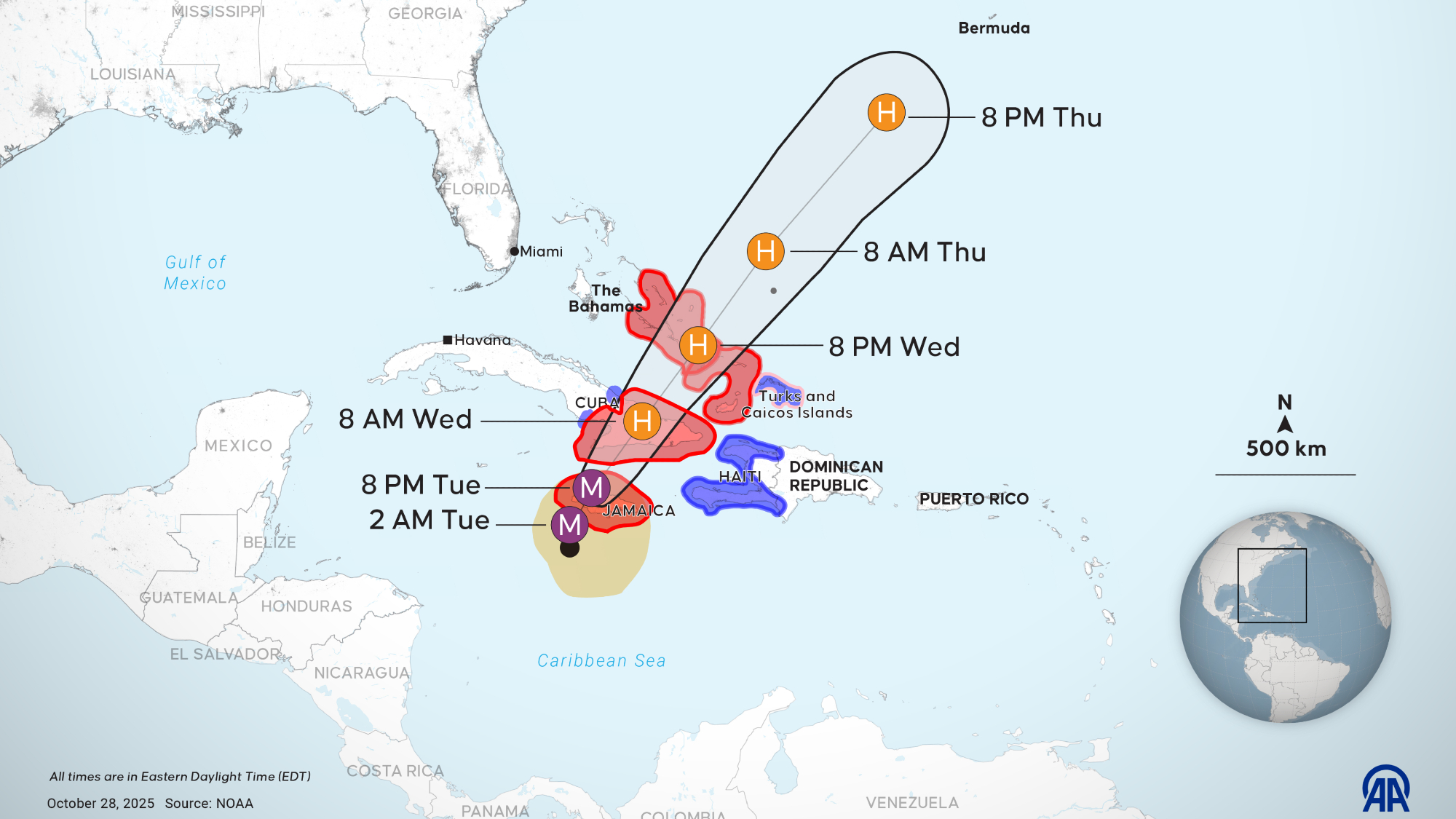 Hurricane Melissa slams Jamaica as Category 5 storm
Hurricane Melissa slams Jamaica as Category 5 stormSpeed Read The year’s most powerful storm is also expected to be the strongest ever recorded in Jamaica
-
 Renewables top coal as Trump seeks reversal
Renewables top coal as Trump seeks reversalSpeed Read For the first time, renewable energy sources generated more power than coal, said a new report
-
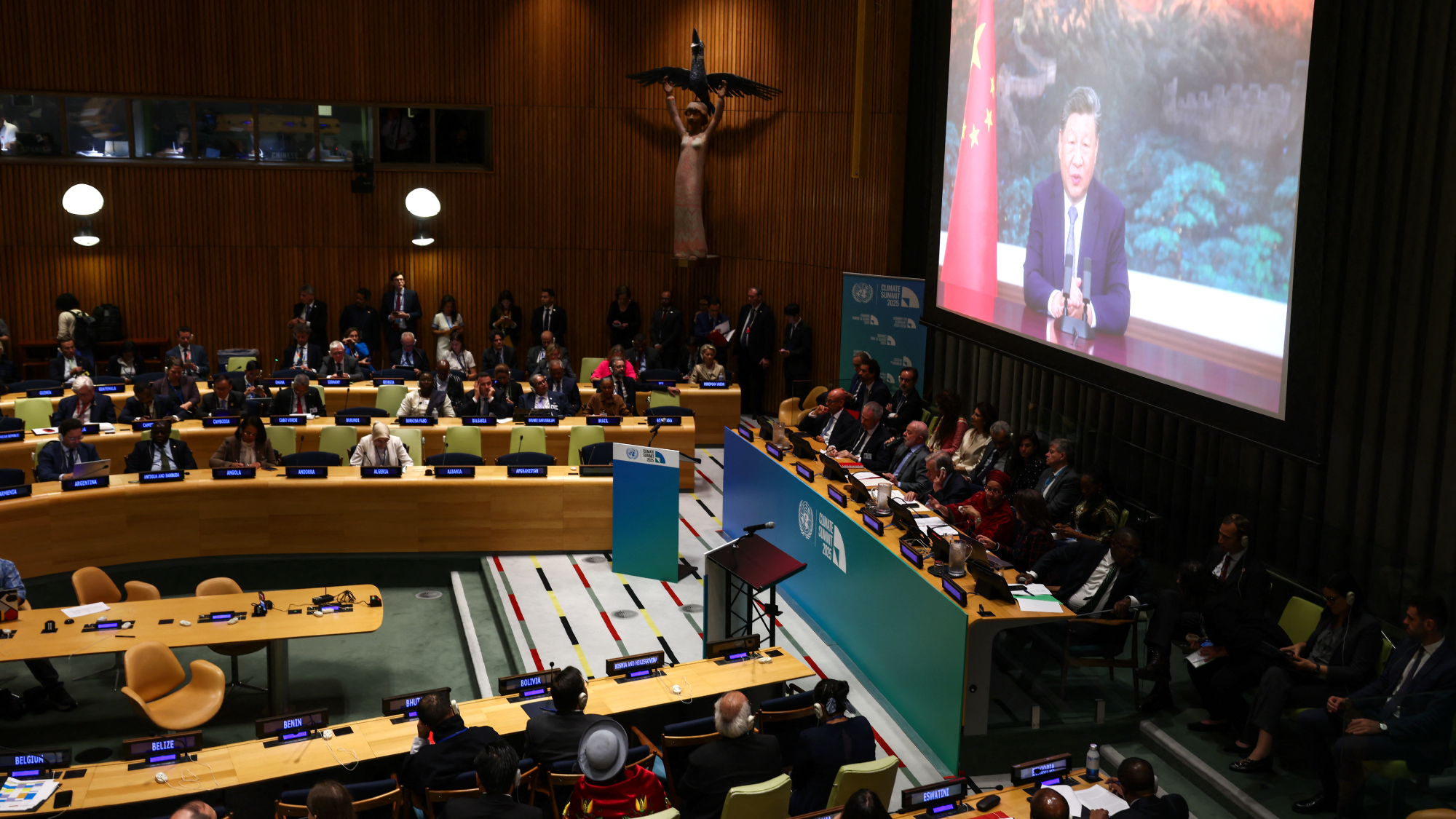 China vows first emissions cut, sidelining US
China vows first emissions cut, sidelining USSpeed Read The US, the world’s No. 2 emitter, did not attend the New York summit
-
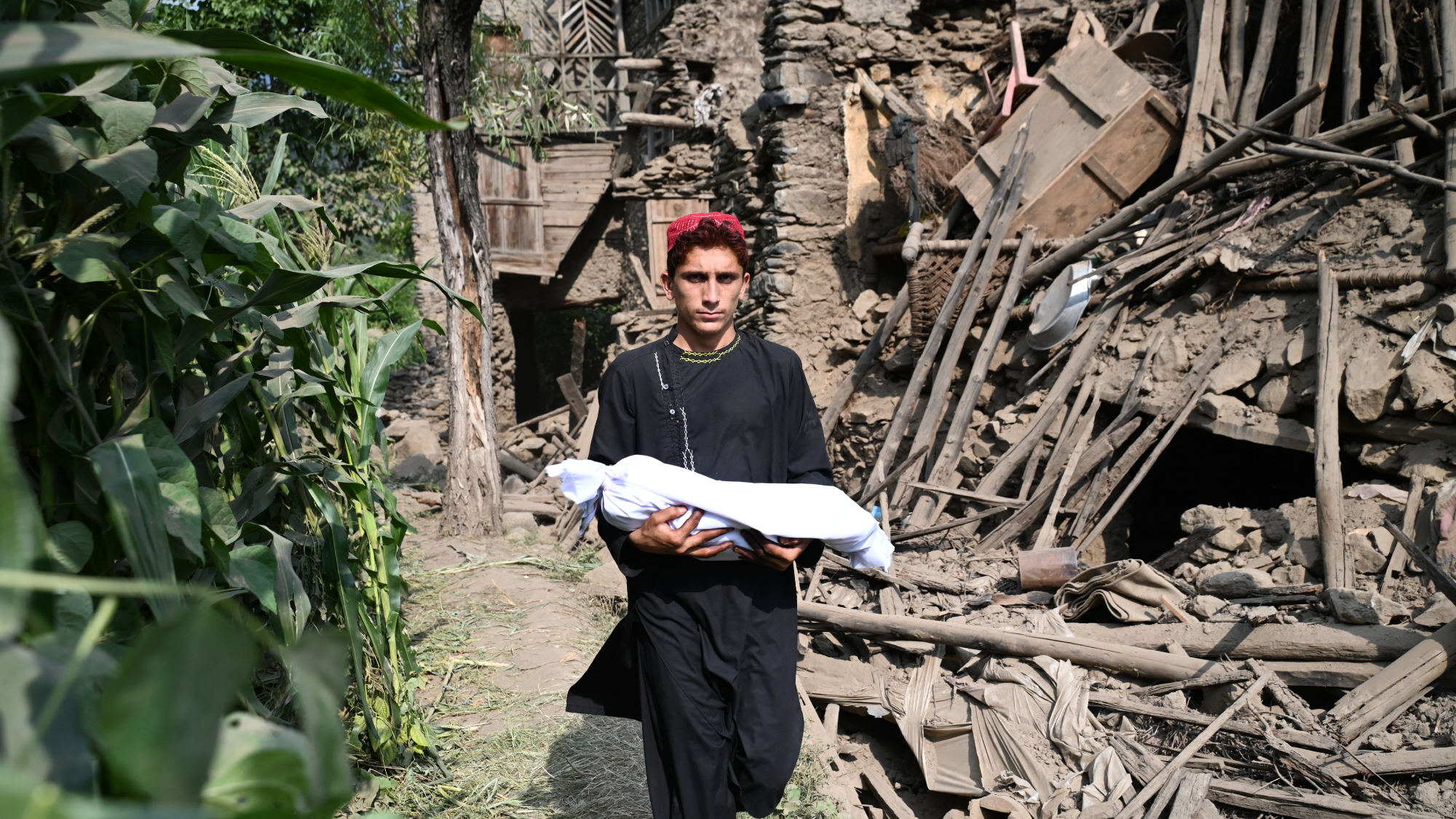 At least 800 dead in Afghanistan earthquake
At least 800 dead in Afghanistan earthquakespeed read A magnitude 6.0 earthquake hit a mountainous region of eastern Afghanistan
-
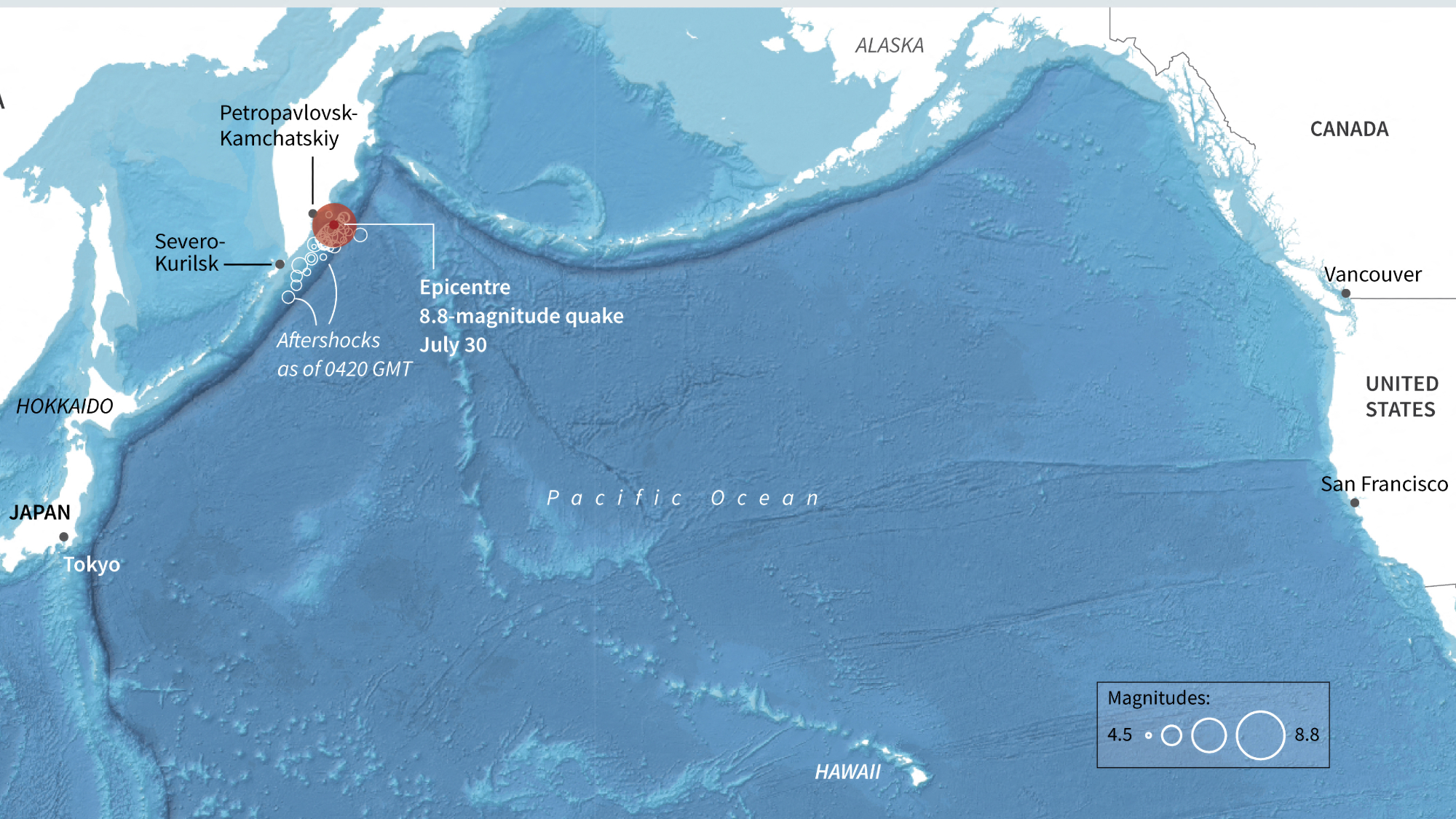 Massive earthquake sends tsunami across Pacific
Massive earthquake sends tsunami across PacificSpeed Read Hundreds of thousands of people in Japan and Hawaii were told to evacuate to higher ground
-
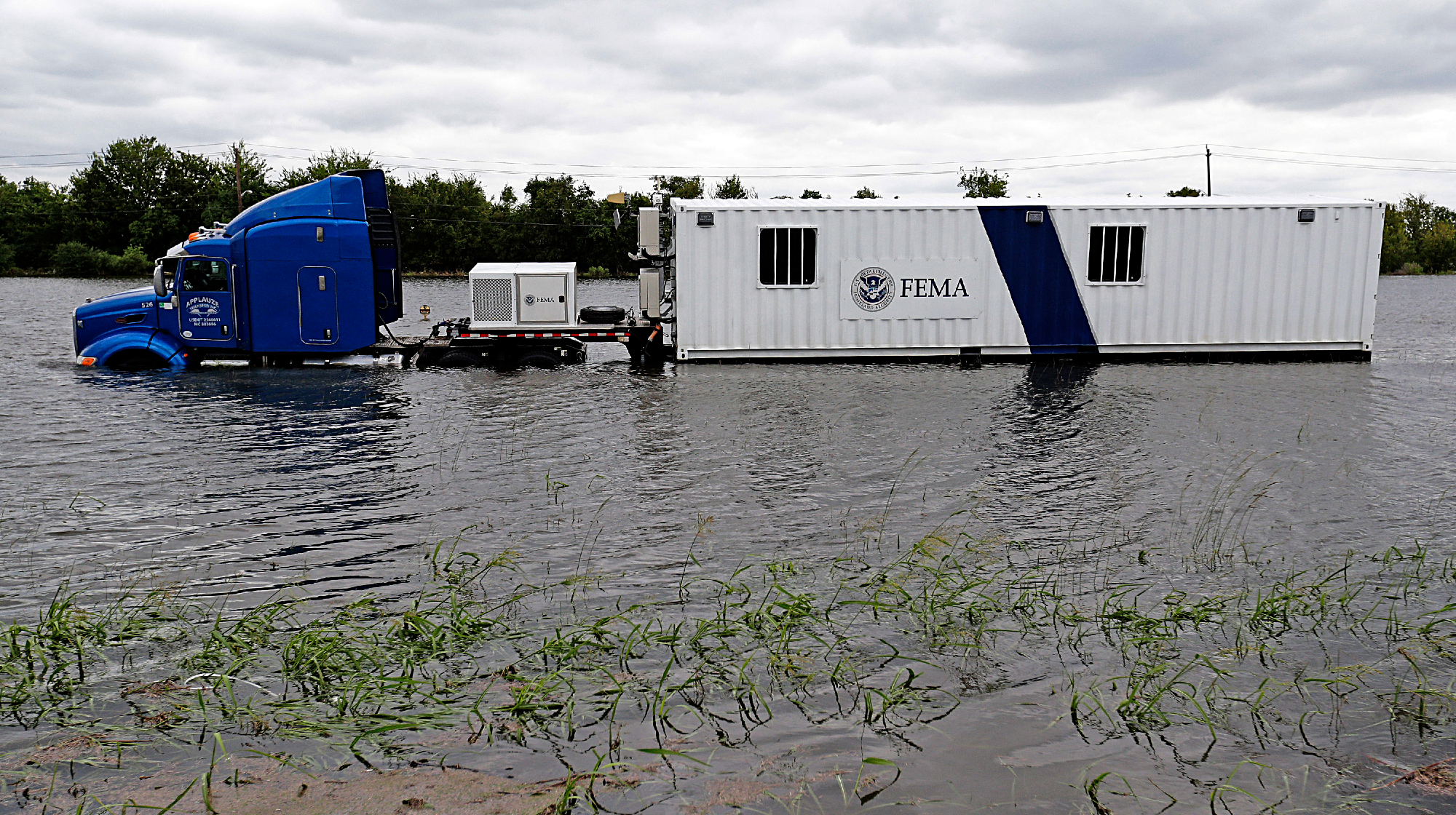 FEMA Urban Search and Rescue chief resigns
FEMA Urban Search and Rescue chief resignsSpeed Read Ken Pagurek has left the organization, citing 'chaos'
-
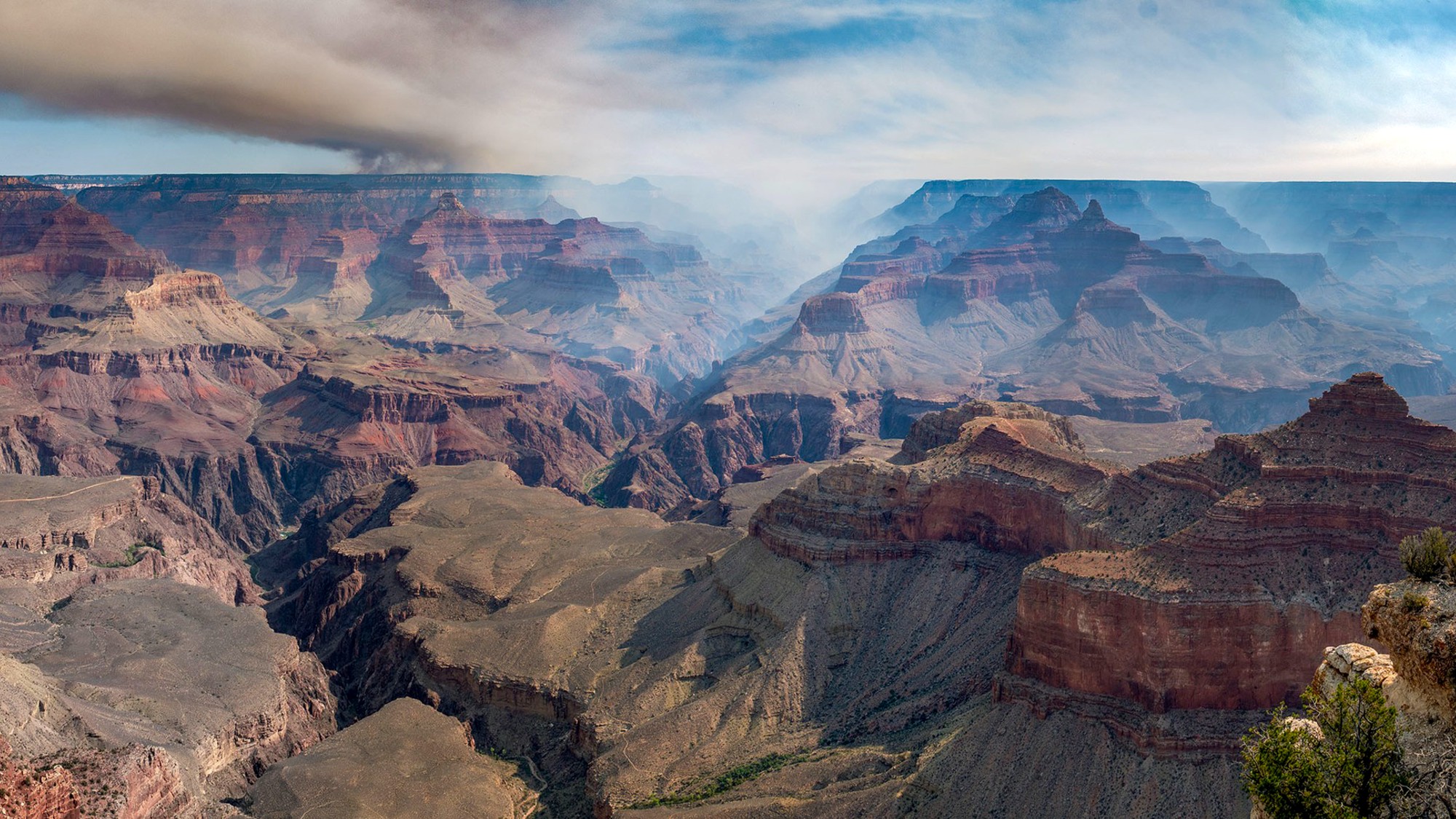 Wildfires destroy historic Grand Canyon lodge
Wildfires destroy historic Grand Canyon lodgeSpeed Read Dozens of structures on the North Rim have succumbed to the Dragon Bravo Fire
